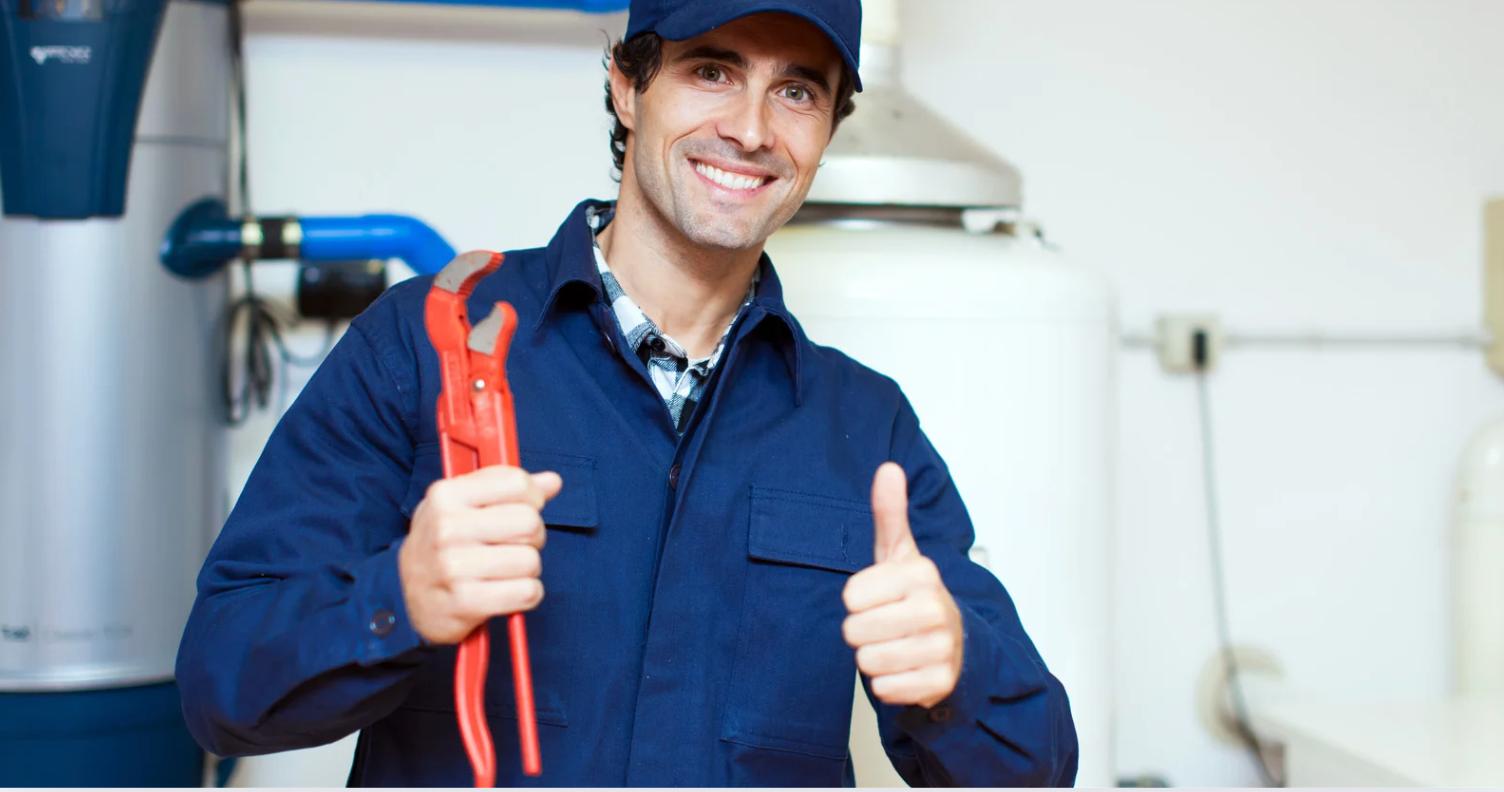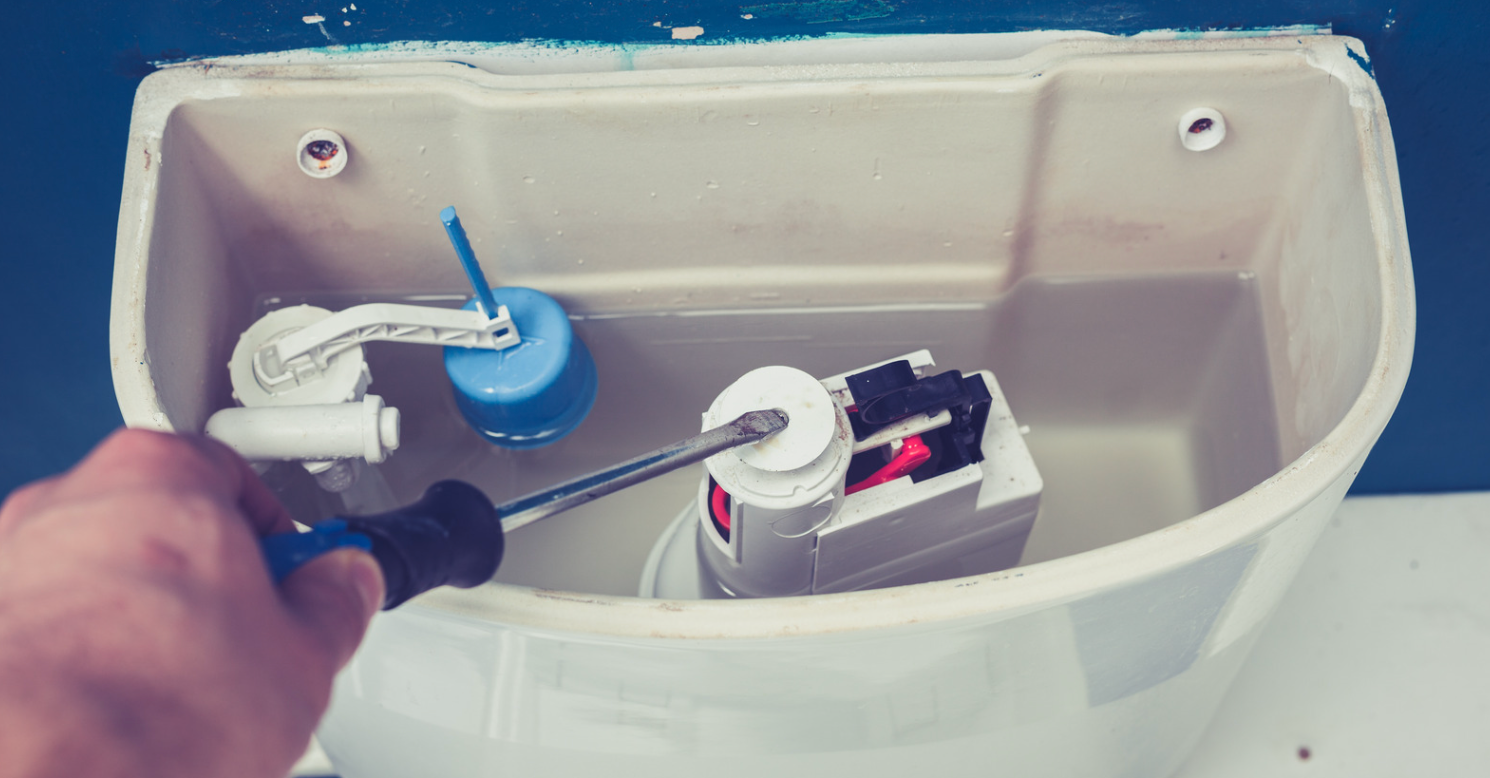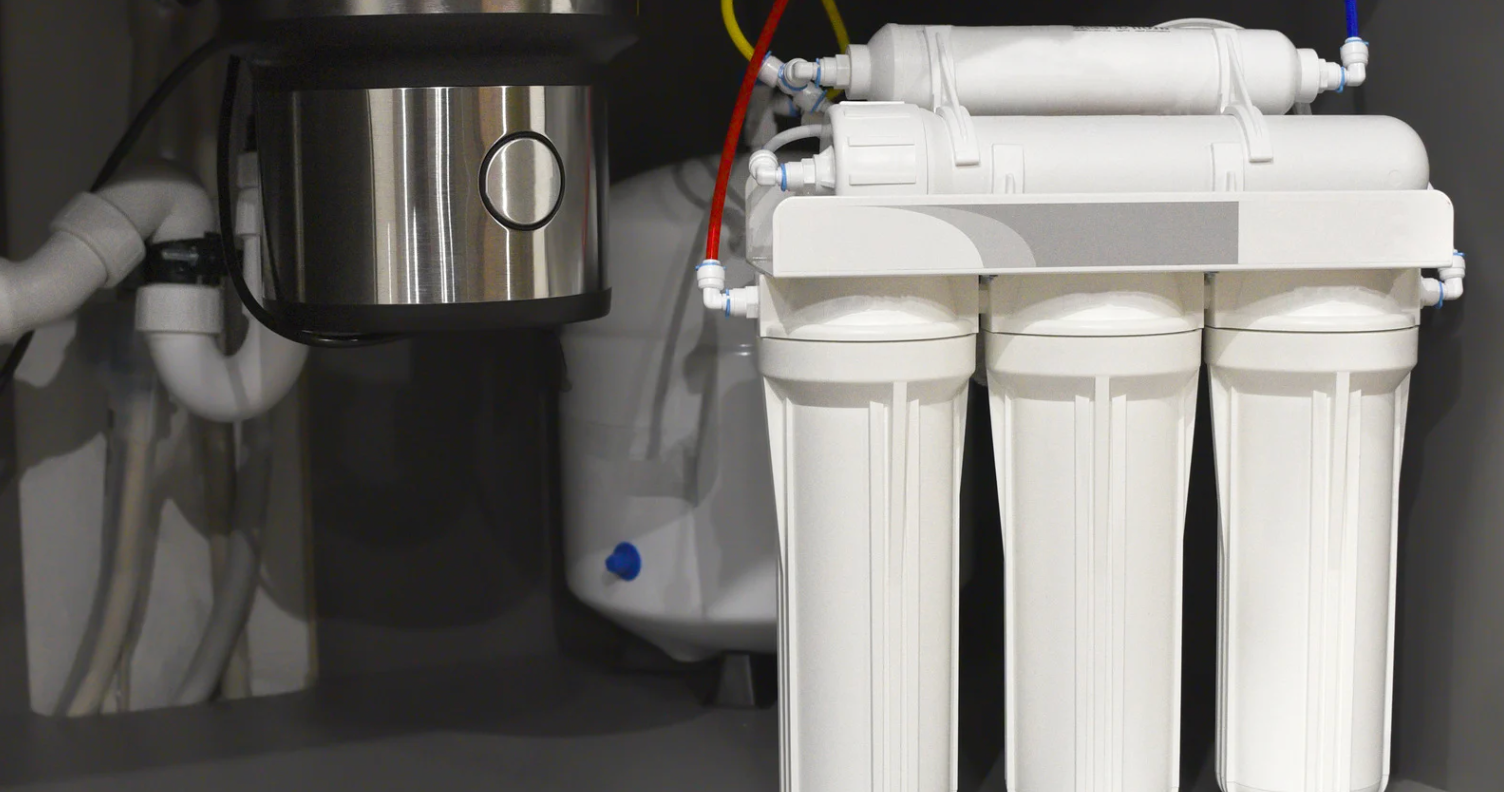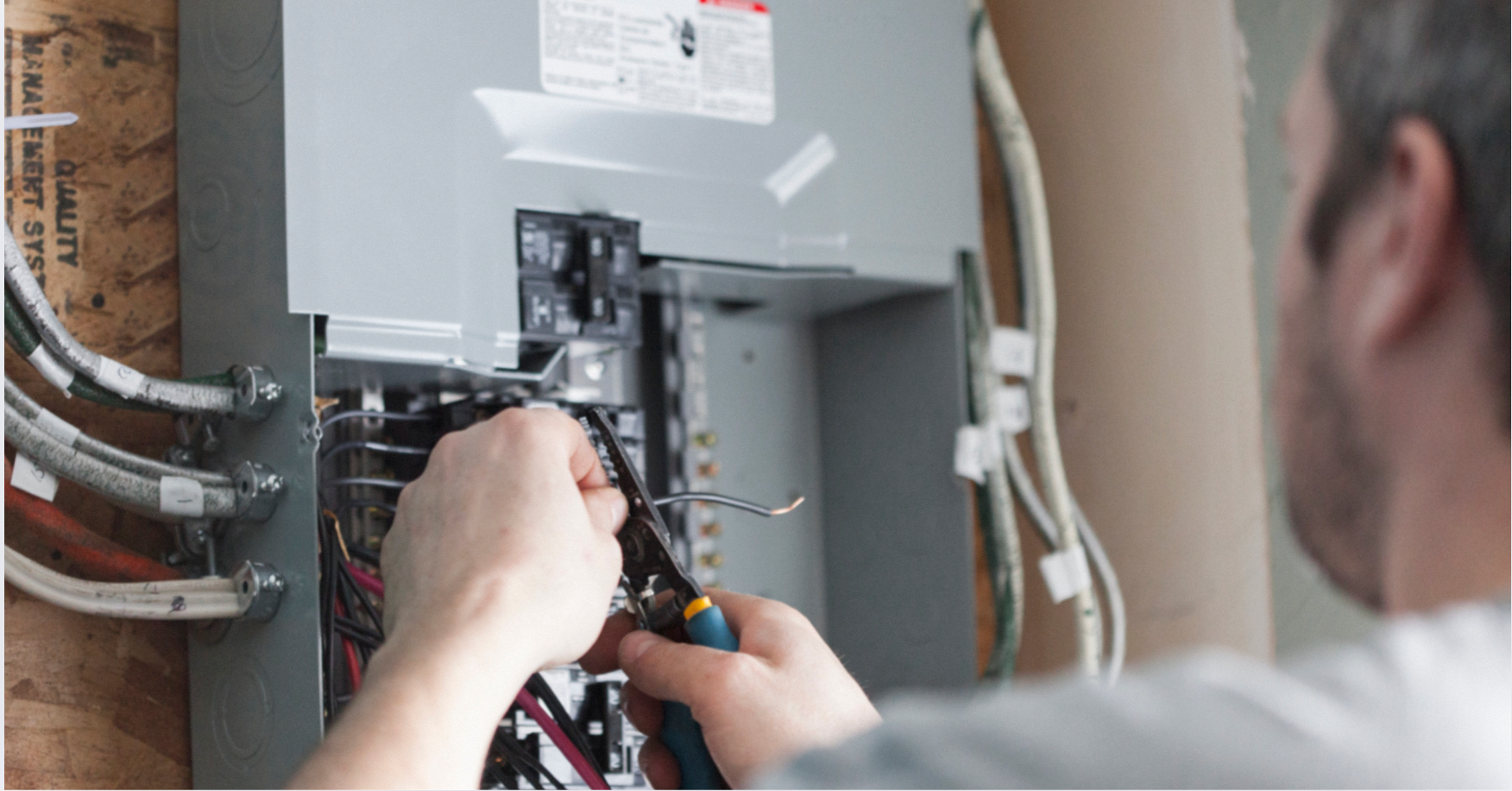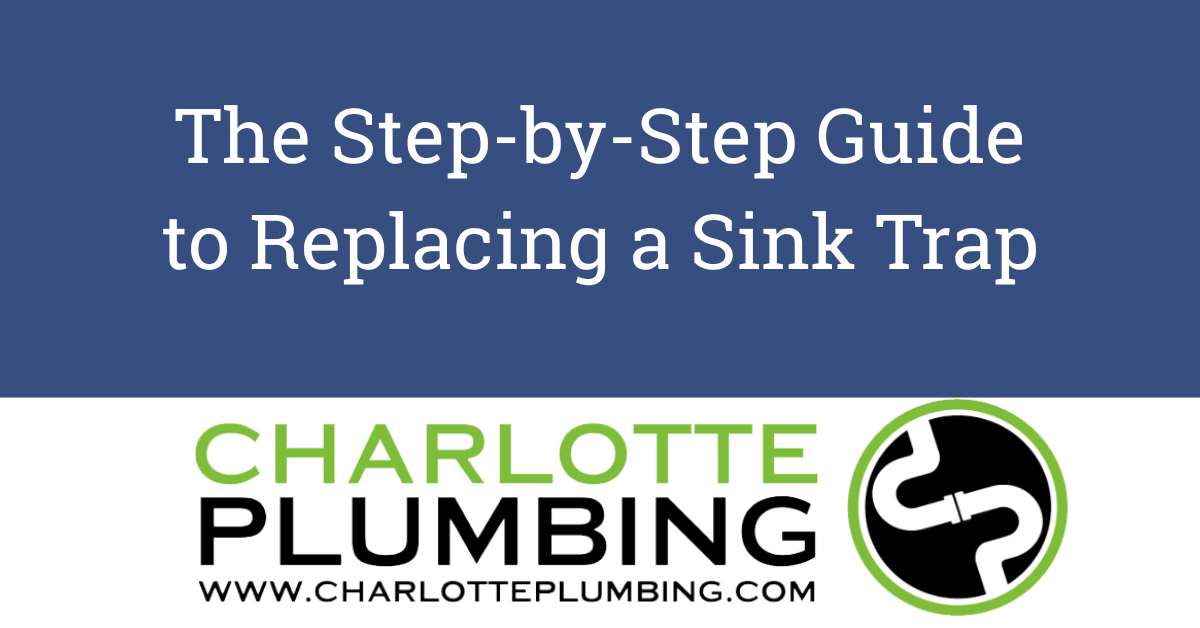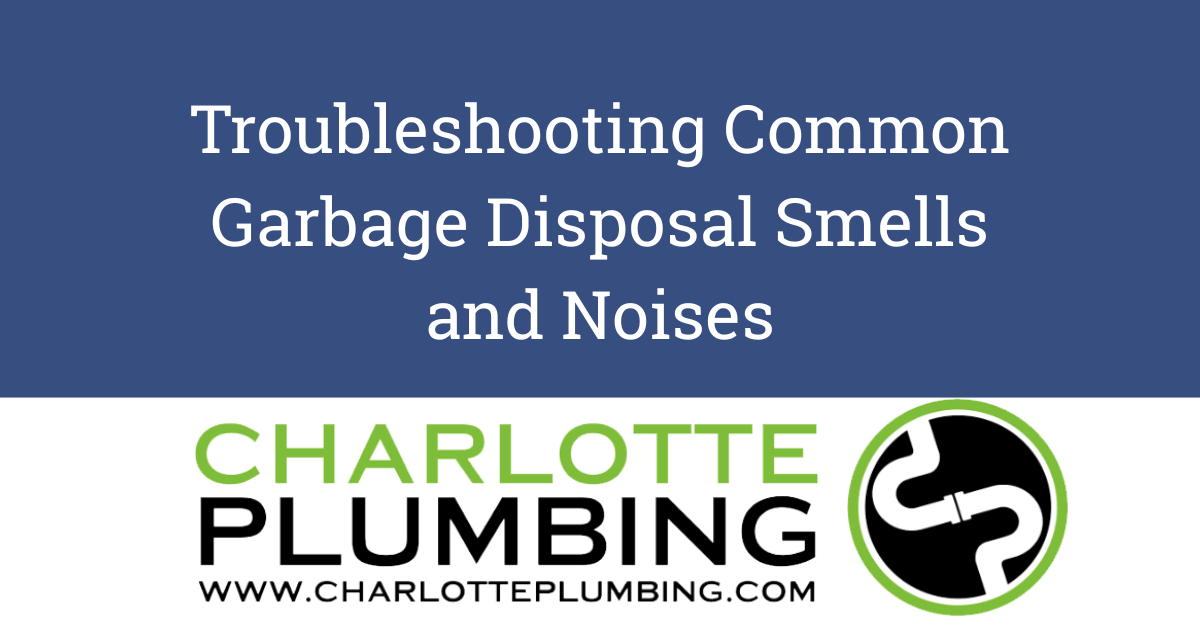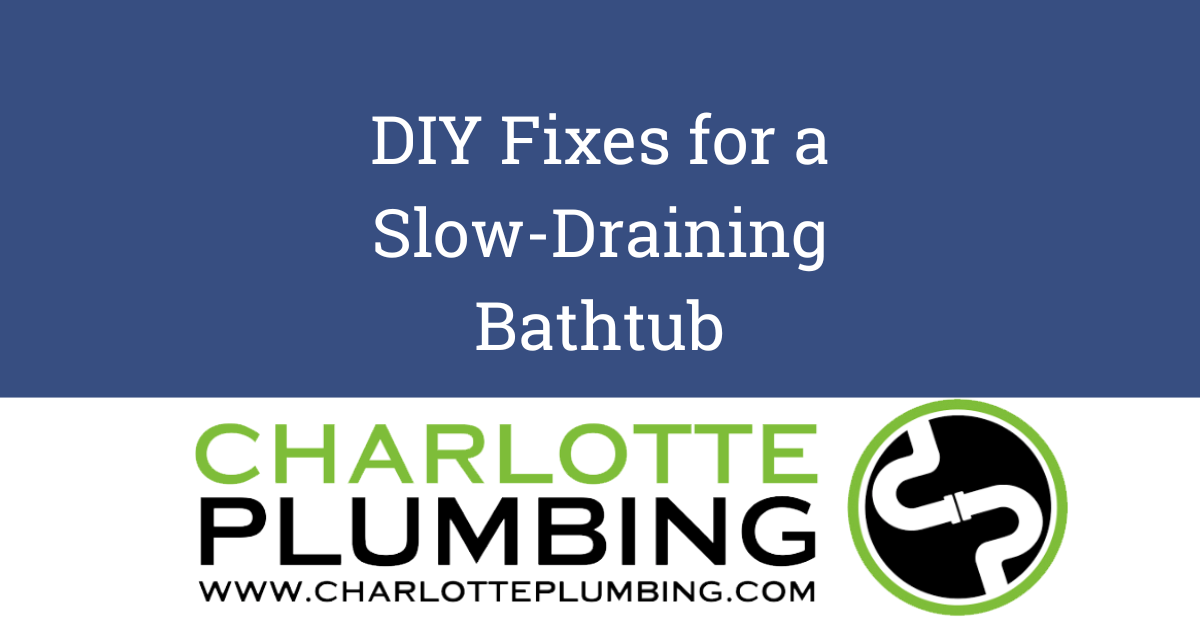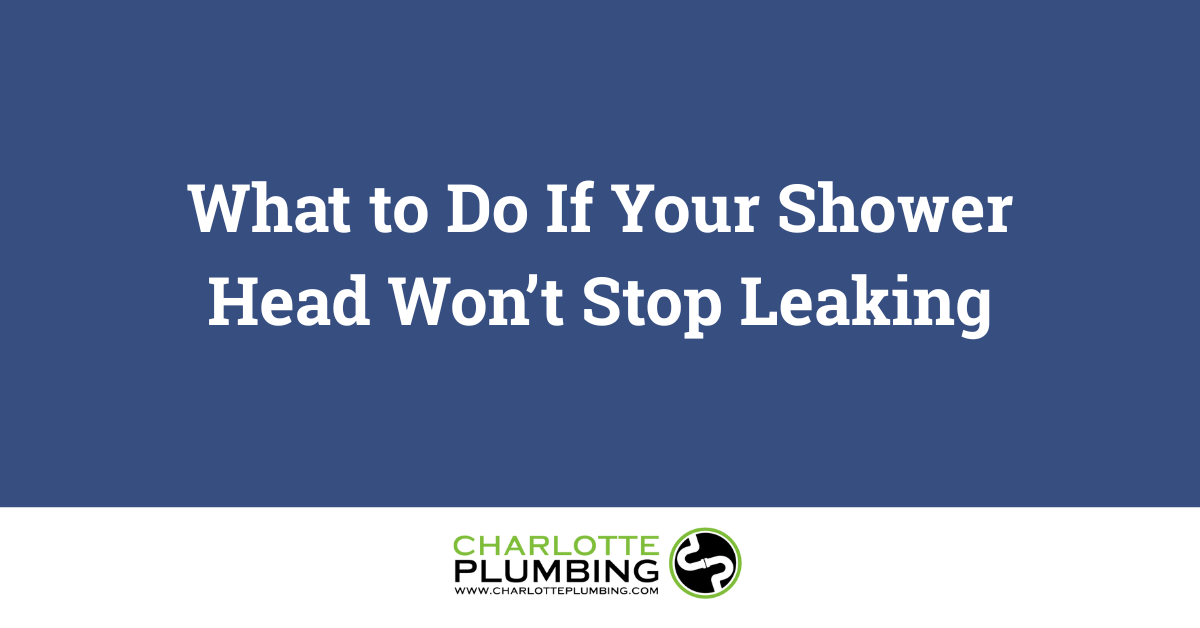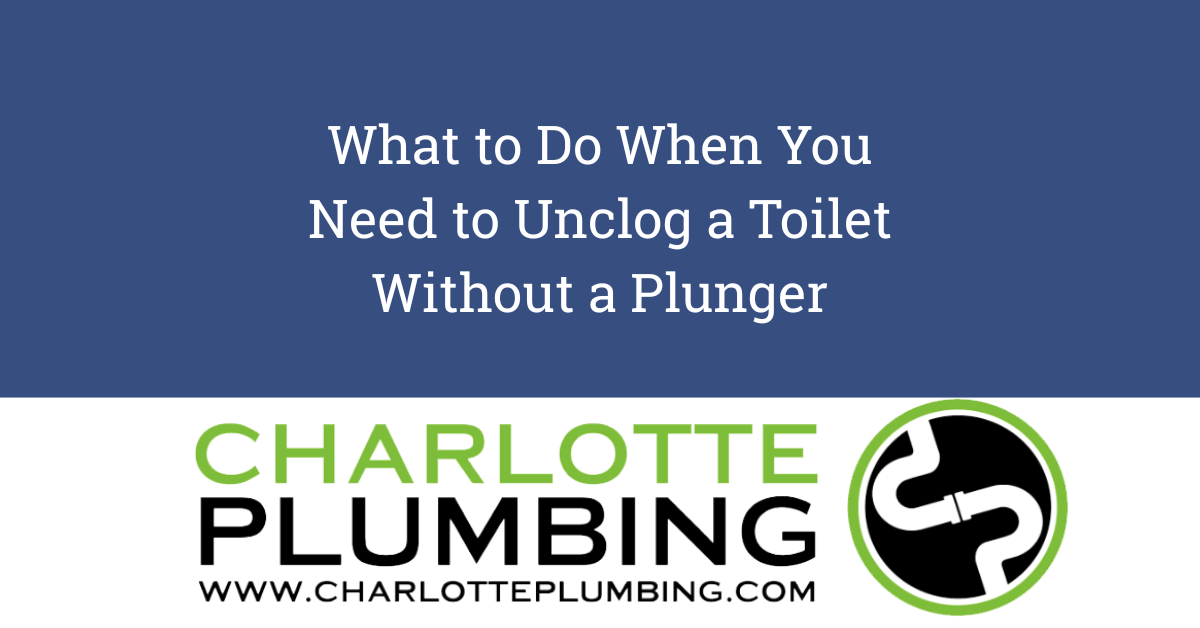How to Safely Use Chemical Drain Cleaners (And When to Avoid Them)
Chemical drain cleaners might seem like an easy fix for a clogged sink or slow-draining tub, but they come with risks that homeowners should understand before reaching for the bottle. At Charlotte Plumbing, we believe in educating our customers so they can make safe, informed decisions about their home’s plumbing. Here’s what you need to know about using chemical drain cleaners — and when it's best to call in the professionals.
The Basics: What Are Chemical Drain Cleaners?
Chemical drain cleaners are over-the-counter products designed to dissolve clogs using strong, often caustic ingredients like sodium hydroxide or sulfuric acid. They’re readily available and usually marketed as quick and easy solutions for blocked drains.
While these products can sometimes clear simple clogs, they aren’t without drawbacks — and they’re certainly not a one-size-fits-all solution.
How to Use Them Safely
If you decide to use a chemical drain cleaner, keep these safety tips in mind:
1. Read the Instructions Carefully
Always follow the manufacturer’s guidelines. Each product may have specific requirements regarding how long it should sit, what kind of clogs it works on, and whether it can be used in toilets or garbage disposals.
2. Protect Yourself
Wear gloves, safety glasses, and avoid inhaling fumes. The chemicals can burn skin or irritate eyes and lungs.
3. Ventilate the Area
Open windows and turn on fans to reduce the buildup of toxic fumes.
4. Avoid Mixing Products
Never mix chemical cleaners with other household products or with each other. Dangerous reactions can occur, releasing toxic gases.
5. Flush Thoroughly
After the recommended dwell time, flush the drain with plenty of water to ensure the chemicals are washed away and don’t remain in your pipes.
When to Avoid Chemical Drain Cleaners
There are several situations where chemical cleaners should be avoided altogether:
In these cases, it’s safer and more effective to contact a licensed plumber.
Safer Alternatives
Consider using a drain snake, plunger, or an enzyme-based cleaner that breaks down organic material without damaging your pipes. Regular maintenance — like flushing drains with hot water and baking soda — can also help prevent buildup.
When to Call Charlotte Plumbing
If your drain is still clogged after using a cleaner, or you’re concerned about potential pipe damage, Charlotte Plumbing is here to help. Our experienced technicians use professional tools and techniques like hydro jetting and camera inspections to find and fix the root of the problem — not just the symptoms.
We never push unnecessary services — just honest, expert advice and effective solutions.
Don’t risk damaging your plumbing system with the wrong fix. Call Charlotte Plumbing today for safe, reliable drain cleaning that protects your home and gives you peace of mind. Whether it’s a minor clog or a major blockage, we’ve got the experience and tools to get the job done right.
